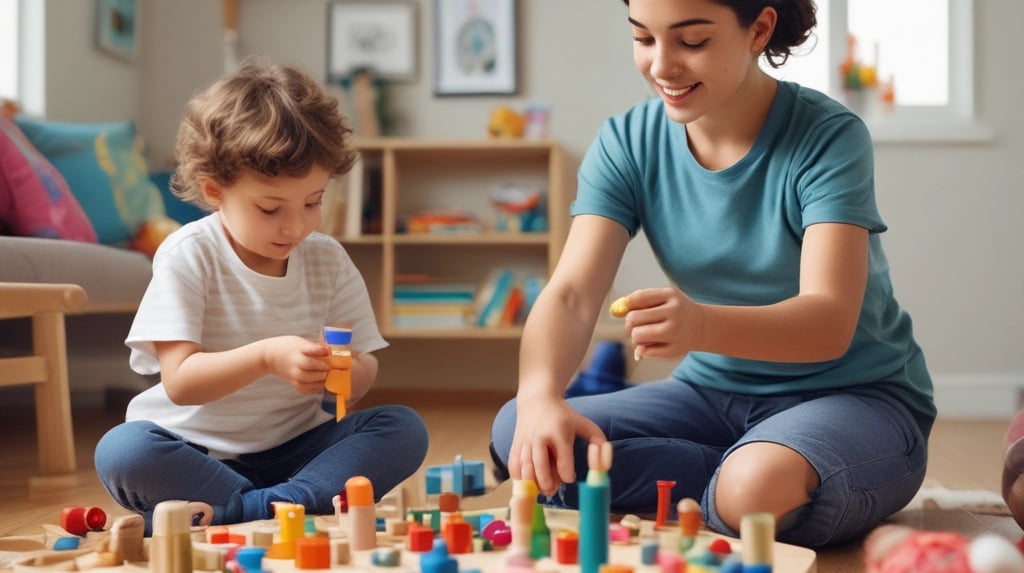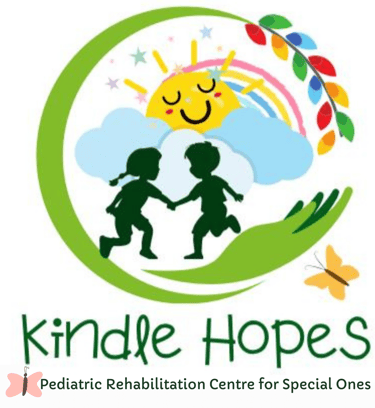Opening Soon! Contact 7899333952 for enquiries!
How Occupational Therapy Helps Children
OT is more than a therapy—it’s a bridge between developmental challenges and a child's full potential.
8/29/20251 min read


How Occupational Therapy Helps Children Thrive
Occupational therapy (OT) is a dynamic and evidence-based intervention that supports children in developing essential life skills. Here’s how OT promotes growth across developmental, academic, and social domains:
1. Enhancing Daily Function & Independence
OT supports children in mastering daily tasks—dressing, feeding, playing, writing—by focusing on motor, sensory, and cognitive skills. These foundational abilities boost independence and self-confidence.
2. Strengthening Attention, Sensory Processing & Motor Skills
A school-based OT program in Korea showed improvements in attention, sensory processing, school adaptation, and motor skills among children with autism and intellectual disabilities.
Furthermore, sensory integration therapy—an OT technique—has been proven effective in helping autistic children manage sensory sensitivities, reducing anxiety and improving focus and behavior.
3. Supporting Cognitive & Social Development
Early OT interventions, particularly those promoting developmental and joint attention skills, have been shown to enhance cognitive development, social engagement, and preliteracy abilities in young children.
4. Boosting Academic Participation
A systematic review of OT interventions for school-age children found strong evidence supporting therapeutic handwriting practice. Moderate evidence also supports literacy engagement through parent-led and peer-supported interventions.
5. Empowering Parents & Reducing Developmental Gaps
Including parents in OT accelerates progress significantly. A controlled study revealed that parent-assisted OT intervention led to nearly twice the developmental gains compared to standard therapy, improving cognitive, language, motor, social, and self-care skills in children with delays.
Summary
OT Focus Areas that Benefits Daily function, Improves self-care, fine motor skills, confidence, Attention & sensory skills Enhances focus, behavior, and motor coordination, Cognitive & social growth Boosts engagement & social skills.
